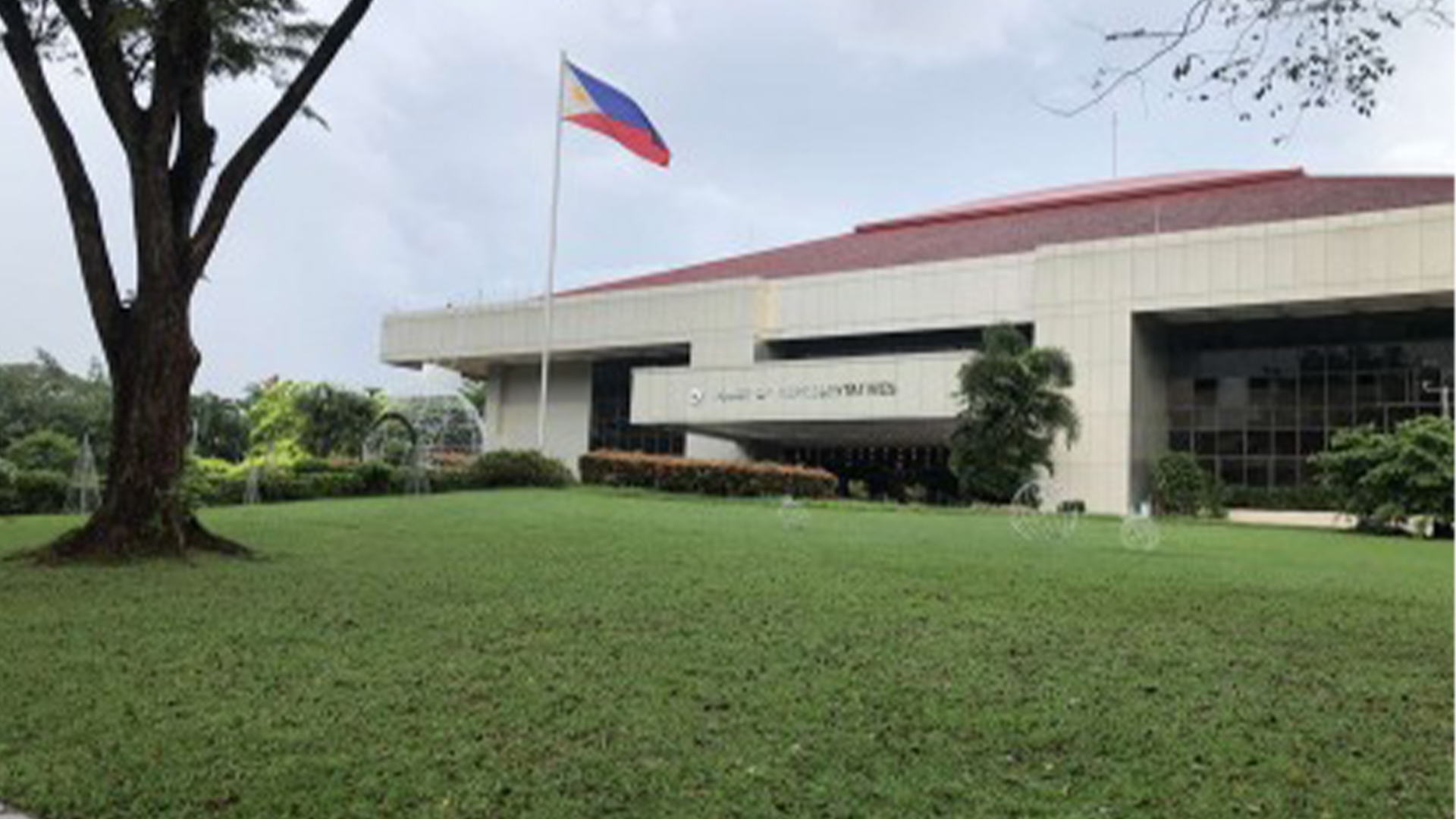A measure seeking to institutionalize mechanisms for the protection of minor children whose parents are working as overseas Filipino workers (OFWs) hurdled committee level at the House of Representatives.
During the hearing on Wednesday, the House committee on overseas worker affairs approved the unnumbered substitute bill, which seeks to create a system of temporary guardianship to ensure the safety and well-being of children during the absence of their OFW parents.
OFW Party-list Rep. Marissa Magsino, author of the measure, said through the system, absentee parents would have the ability to designate trusted individuals as temporary guardians, facilitating regular communication, and enabling the continued provision of necessary emotional and financial support to their children.
“With the approval at the committee level, we are now a step closer in covering the children and other family members of our OFWs with the State’s protection under the ambit of our laws,” she said.
The bill mandates close monitoring by barangay officials and the Department of Social Welfare and Development (DSWD) to ensure the effectiveness of the system.
The provision also aims to assess the children’s well-being, detect any signs of dysfunction or threats they may face, and report such concerns to relevant authorities for timely and appropriate interventions.
The role of the authorities is to ensure that all parties fulfill their responsibilities diligently, with appropriate sanctions in case of neglect or non-compliance.
Magsino said while overseas work has brought opportunities for better and financially stable lives for many Filipinos, the changing dynamics in family relationships brought about by migration and parental absence could have negative consequences on the physical and emotional well-being, as well as personal security and safety of the children left behind.
“The children of our OFWs unfortunately bear the brunt of labor migration. Not only do they suffer from the social costs of labor migration, but are also the likely victims of abuse, neglect, or negligence as we have seen in the growing crimes committed against the children of our OFWs who are left in the care of non-parents. These highlight the need for State to step up in our protection of these children through our policies and through initiatives on the ground,” she said.
Key enhancements to the substitute bill include the expanded coverage of protection for children of majority age and modifications to the sanctions imposed on OFW parents or temporary guardians.
The revised bill also introduces a range of sanctions proportional to the nature and severity of neglect or misconduct, with focus on ensuring the well-being and safety of the children involved.
To strike a balance between rewarding compliance while maintaining the primary focus on the children’s well-being and best interests, the substitute bill also provides for incentives to parents and temporary guardians to abide by the provisions of the proposed law.
They are also intended to foster a positive approach and promote cooperation and open communication between the various actors that benefit the children. (PNA)









